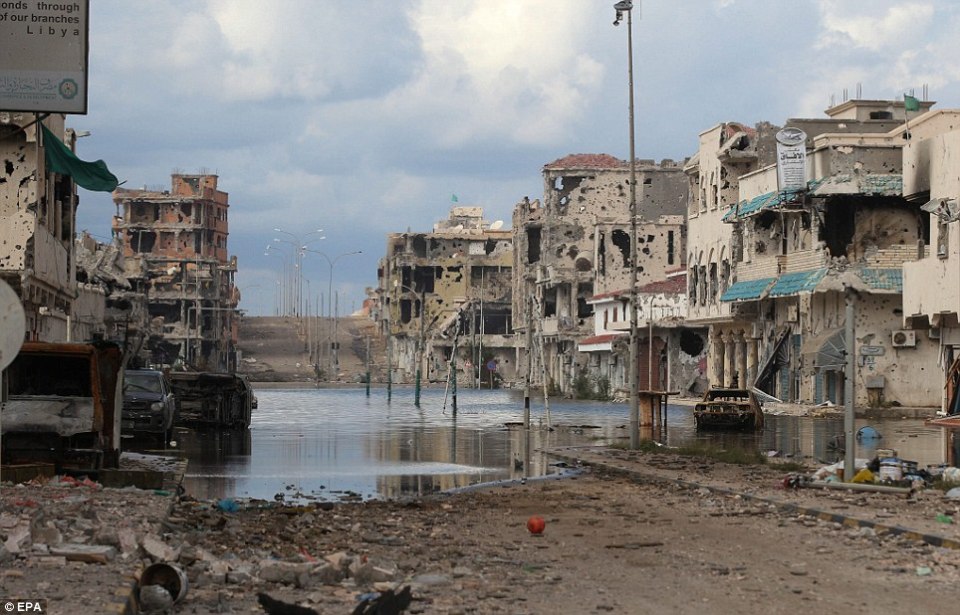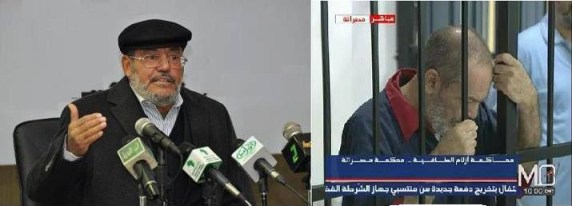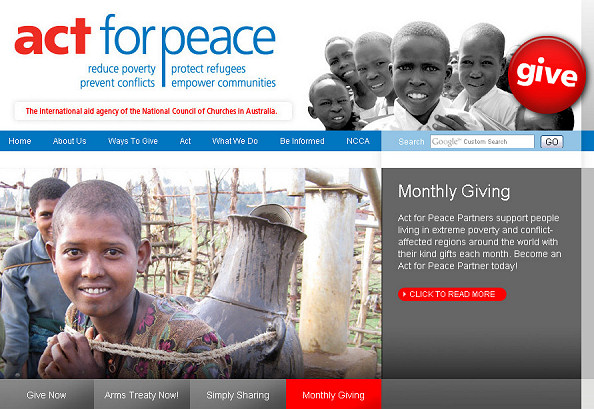Aug 18
20150
Amnesty International, Foundations, Human Rights Watch, Neo-Liberalism and the Defanging of Feminism, Social Engineering, The Occupation of Haiti, The Soros Network | OSI, United Nations
Amnesty International George Soros Haiti Media Censorship Samantha Power Sex Industry UN United Nations
United Nations Covers Up Child Rape in Africa and the Buying of Sex in Haiti
June 18, 2015
by Mathew Russell Lee
With scandals surrounding UN Peacekeeping, from covering up child rape by French “peacekeepers” in the Central African Republic to buying sex in Haiti and selling UN Police jobs in the DR Congo, on June 18 UN Secretary General Ban Ki-moon was scheduled to give a speech to UN Force Commanders in Conference Room 9 of UN Headquarters in an open meeting, following a public photo-op with the commanders.
But when Inner City Press showed up for the photo op, UN Peacekeeping chief Herve Ladsous directed one of his officials to tell Inner City Press to leave.
Inner City Press refused, noting that Ban Ki-moon’s appearance was listed in the online Media Alert of the UN Media Accreditation and Liaison Unit (MALU). Nevertheless, Ladsous’ official insisted, and Ladsous himself began to film Inner City Press with his phone.
When Ban Ki-moon and his security detail of at least four arrived, they proceeded into Conference Room 9, as did Inner City Press accompanied by a MALU staff member and a staffer from UN Photo. But just as Ban Ki-moon began speaking, two of his security officers came over and told Inner City Press to leave. In the hall they said that “the organizer” — Ladsous — had ordered it.
Inner City Press asked, if some UN official tells you to throw out the media, you just do it? “If he told you to throw me on the ground, would you throw me on the ground?”
“Somebody doesn’t have to tell me to throw you on the ground, if I’ve got to put you on the ground, I put you on the ground,” came the response. Audio here. Periscope video here. Now YouTube video permalink here.
Another security officer said, at this point the media is not coming in. That’s it.
This is called censorship. And it happened right in front of Ban Ki-moon. When Ban came out of Conference Room 9, he had a discussion with Ladsous – what about? – then walked on by. Periscope Video II here. This is Ban’s UN, UNtransparent, descended to censorship.
Inner City Press has reported not only on Ladsous’ cover up of rapes in CAR (and before that in Minova in the DRC and Tabit in Darfur), but also on a growing lack of transparency in Ban Ki-moon’s UN, including the reported use of Ban’s name by his nephew “Dennis” Bahn while purporting to sell real estate in Vietnam to the sovereign wealth fund of Qatar. (Bahn works for Colliers International, which rents office space to and for Ban’s UN system.) Now, outright censorship.
The old UN Correspondents Association has said nothing, just as they said nothing and more when Ladsous said he would not answer Inner City Press and Ban’s spokesman decided not to call on Inner City Press to put a question to Ladsous, on the CAR rapes and cover up. The new Free UN Coalition for Access has demanded an explanation and response from MALU and the Department of Public Information above it. A senior UN official told Inner City Press, “There is no court.”
This use of UN Security is ironic, given that as Inner City Press reported on June 17 and asked Ban’s deputy spokesman about on June 18, Ban shook hands in the UN in Geneva with a person on the US Al-Qaeda terrorist list, photo here. But today’s UN has become the source of lawless censorship, amid its scandals. Watch this site.
August 11, 2015: On rapes by UN peacekeeping in Central African Republic (CAR), InnerCity Press asks UN if Ban Ki-moon will disclose findings and punish men:
August 13, 2015: When InnerCity Press asks US Samantha Power about UN rapes and the Department of Peacekeeping Operations (DPKO) cover up in Tabit, Darfur, she ignores the question and walks off the podium:













